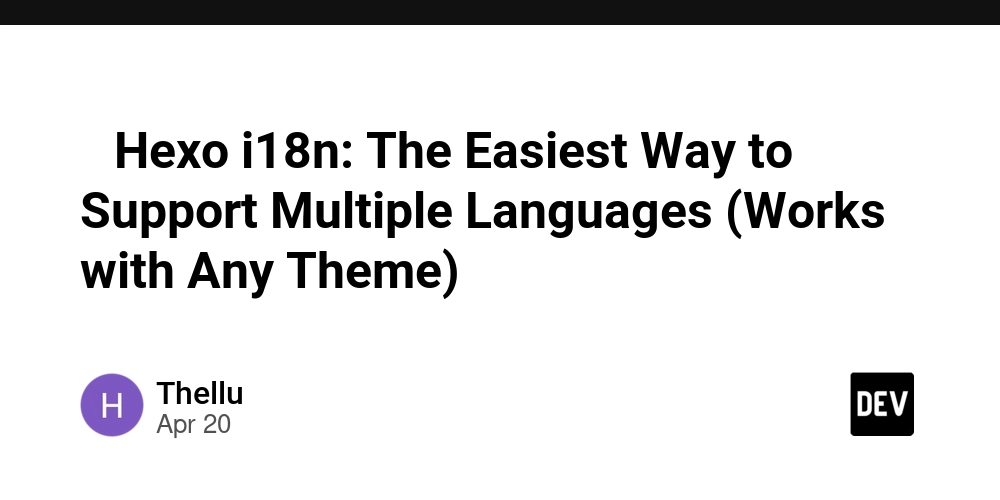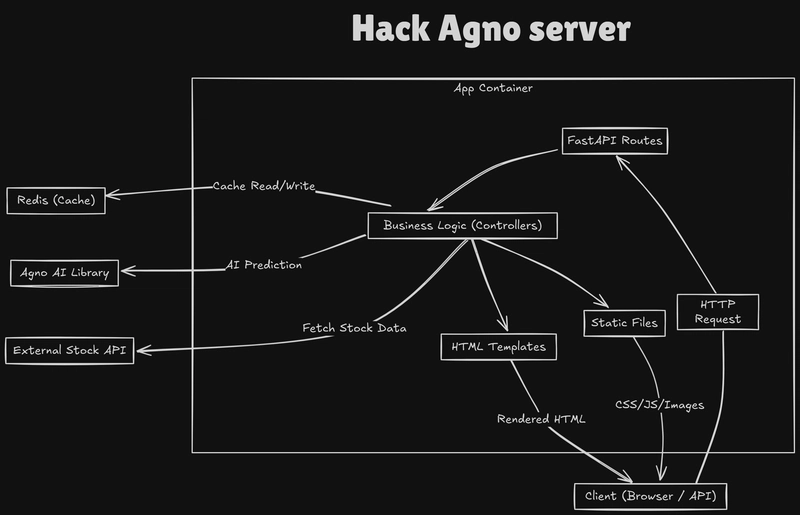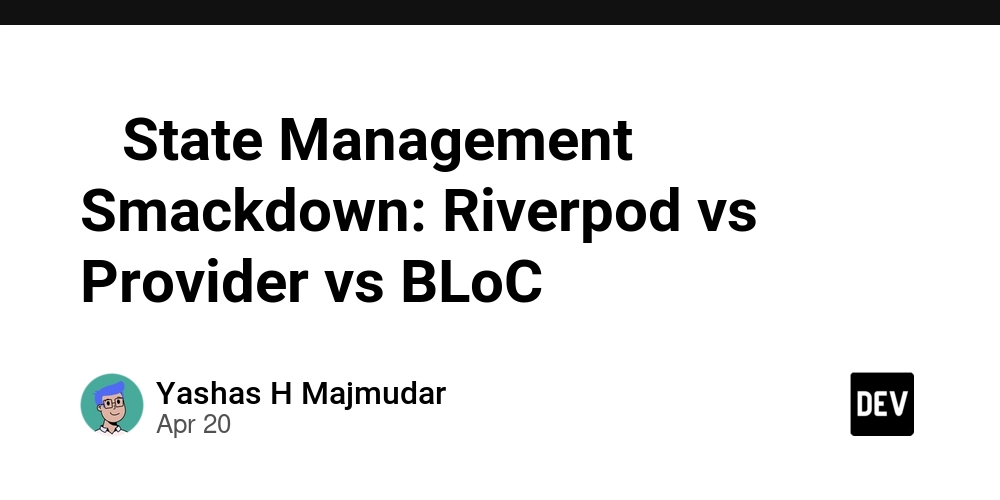Jerome Powell insists the Fed’s independence is enshrined in law. The Supreme Court might change that
Markets would likely be very spooked if the president could choose to influence monetary policy.

- The independence of the U.S. Federal Reserve is often cited as a major reason America is one of the best places in the world to invest. Central banks operating under the thumb of politicians often struggle to control inflation, a problem that has especially reared its head in autocracies.
President Donald Trump has suggested—more than once—he should get a say in setting interest rates. On Thursday, he declared Federal Reserve chair Jerome Powell’s “termination cannot come fast enough.”
The day prior, Powell claimed the central bank’s coveted independence is a “matter of law,” noting he and Fed governors can only be fired for cause.
The sequence of remarks was shocking because, since the era of President Richard Nixon, it has been widely accepted the central bank should not be manipulated by elected officials with political motivations.
The Supreme Court could change that, however, and its conservative majority has signaled it may overturn a fragile piece of precedent that protects the heads of independent agencies from being fired for political reasons. Markets, already reeling from a chaotic tariff rollout, could soon be the only major deterrent preventing Trump—or any other U.S. president—from trying to wrangle control of monetary policy.
While the virtues of Fed independence are mainstream economic dogma, experts emphasize they are not protected by any strong legal basis.
“It is more a norm than a law,” Itay Goldstein, the finance department chair at the University of Pennsylvania’s Wharton School, told Fortune. “And laws also depend on people and who they are, how they interpret things, and what they’re willing to do. I think there could certainly be some reduction in the extent of the independence of the Fed going forward.”
“Hopefully not,” he added.
On Wednesday, Powell claimed he’s confident the central bank will continue to operate without political interference after his term as chair ends in May 2026.
“Generally speaking, Fed independence is very widely understood and supported in Washington, in Congress, where it really matters,” he said during a Q&A after delivering a speech at the Economic Club of Chicago. The Fed is focused on two main goals: keeping a lid on inflation so that inflation stays under 2% and maintaining full employment. Sometimes that means the Fed must make unpopular decisions—which is why economists and investors appreciate its political independence.
But the Trump administration appears willing to test the bounds of executive power, and the Supreme Court could pave a path for him to fire Powell before his term is up. In Humphrey’s Executor v. United States in 1935, the court unanimously ruled President Franklin D. Roosevelt had unlawfully removed the chair of the Federal Trade Commission for political reasons and that the heads of such agencies could only be removed “for cause.”
Right-wing critics, however, argue this interferes with the president’s constitutional duty to “take care that the laws be faithfully executed,” as set forth in Article II. Trump has put the issue back on the Supreme Court’s docket by firing Democratic members of the National Labor Relations Board and Merit Systems Protection Board.
The court has already whittled down the precedent, ruling in 2020 that Trump had the power to fire the head of the Consumer Financial Protection Bureau, and Justices Clarence Thomas and Neil Gorsuch indicated they would have overturned Humphrey’s outright.
Powell acknowledged the upcoming cases on Wednesday.
“I don't think [that] decision will apply to the Fed, but I don't know,” he said. “But it's a situation that we're monitoring carefully.”
Markets would be spooked
The norm of Fed independence, along with the democratic rule of law, is often cited as a major factor for why the U.S. is considered one of the best places in the world to invest. When central banks are under the thumb of autocrats, they tend to struggle with high inflation. That happened in Turkey, for example, where inflation surged over 90% after President Recep Tayyip Erdoğan pushed the country’s central bank to institute ultra-loose monetary policy.
America’s status as the best place to park capital may be starting to unwind, however. After Trump’s reciprocal tariffs unleashed stock market turmoil, investors also soon began selling off U.S. Treasuries and the dollar.
Fears of exacerbating that situation, Goldstein said, may end up being on the only major check on the president seizing control of the Fed.
Treasury Secretary Scott Bessent has said the Federal Open Market Committee should continue to set interest rates independently. When Trump signed an executive order aimed at giving the White House tighter oversight of government agencies established by Congress, it covered the Fed’s responsibility to regulate and supervise banks but did not mention monetary policy.
Still, most of Wall Street may not respond kindly if the Supreme Court puts the ball in Trump’s court, said Paul Donovan, chief economist at UBS Global Wealth Management.
“Bond market vigilantes might not be in the mood for a politically-run central bank,” he wrote in a note last week, referring to traders who may protest monetary or fiscal policies by dumping sovereign debt on the market.
But the president may get the opportunity to see how far he can push his luck.
This story was originally featured on Fortune.com









































































